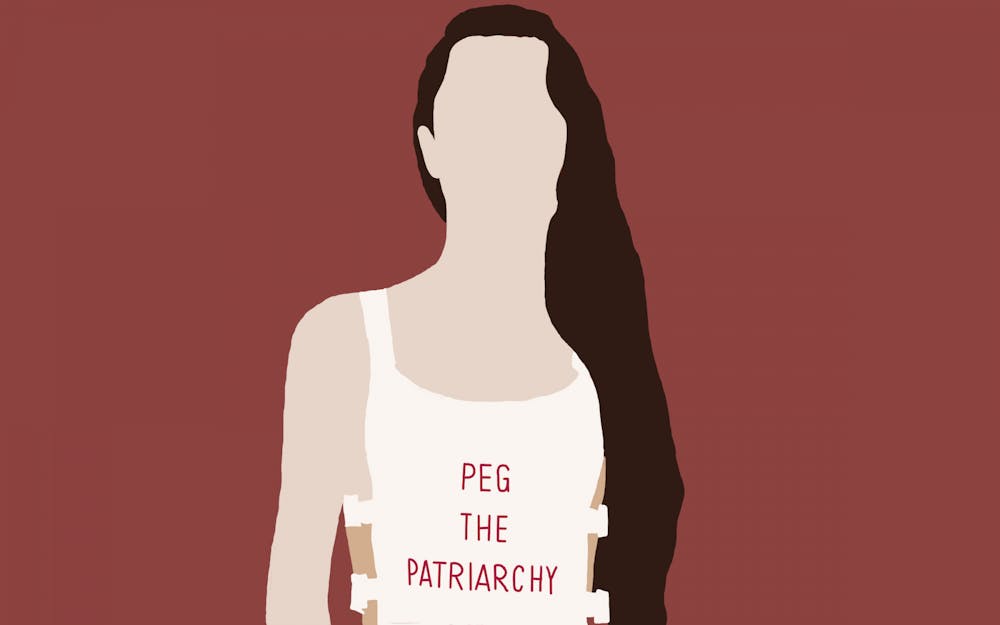I don’t really click through Instagram stories anymore, but I remember the days when every other post was a cutesy infographic.
Too often, “spreading awareness” is where people start and end their participation in activism. The problem is performative activism, which is activism done to increase one’s social capital rather than out of real concern for a cause.
Such behavior does little other than trivialize the efforts of activism. This is destructive in a world where there’s so much to fix. The problem is many have come to understand activism as mostly a performance.
CBS’s new reality TV show “The Activist” was announced Sept. 9. The show was structured as an X-Factor-style competition, pitting activists against each other. The judges — Usher, Priyanka Chopra and Julianne Hough — evaluate the activists based on online engagement and social media.
It took less than a week for backlash to mount to the tipping point. Once Hough posted on Sept.14 confessing she was not qualified to be a judge, CBS announced the show would be reimagined as a documentary and would instead follow the activists’ efforts, removing the competition element completely.
Thank goodness, but isn’t it uncomfortable we even reached this point?
I’m likely skeptical whenever capitalism deems social justice profitable enough to co-opt its aesthetics for marketing purposes — ask me my thoughts on rainbow capitalism or companies changing their social media logos to Black Lives Matter any time — but adopting the most shallow elements of activism is probably the grossest manifestation yet.
How depressing is it that activism has been reduced to engagement on social media, an element of a persona or entertainment?
Performative activism can sometimes be hard to pinpoint. It’s often difficult to establish where a person’s support starts and ends with social media posts.
Other times, controversy stirs over the actions of public figures and politicians. The Met Gala outfit receiving a lot of attention was Democratic Rep. Alexandria Ocasio-Cortez’s “Tax the Rich” dress.
Was that performative activism? Does the answer change knowing she’s active in Congress? Does the answer change knowing there were actual BLM protests occurring outside of the Met Gala? Does it change knowing the dress was donated and her ticket was comped? Does it change knowing the company behind the dress has a history of dodging taxes itself?
Because of Cara Delevigne’s “Peg the Patriarchy” outfit, Ocasio-Cortez’s dress is not even the worst example of performative activism at the Met Gala. If there ever was a statement that was both unclear and kind of problematic, “Peg the Patriarchy” is exactly that.
Then again, is it even our job to police other people’s activism? I’m not sure. We usually cannot know the extent of someone's activism. What we can do is keep our own activism genuine and not performative.
Of course, sometimes it can be unclear what one can do exactly, especially with international conflicts one cannot directly affect. But local causes are not difficult to get involved with, and if there’s not already a group, start one.
Make sure you’re doing what you can to affect change, not just appear like you are.
Noah Moore (he/him) is a junior studying psychology, theatre & drama and international studies. He is a member of the Singing Hoosiers and serves in IU Student Government.






